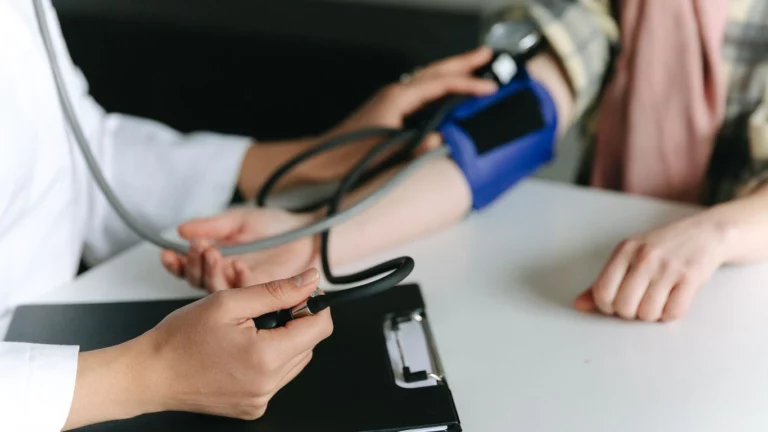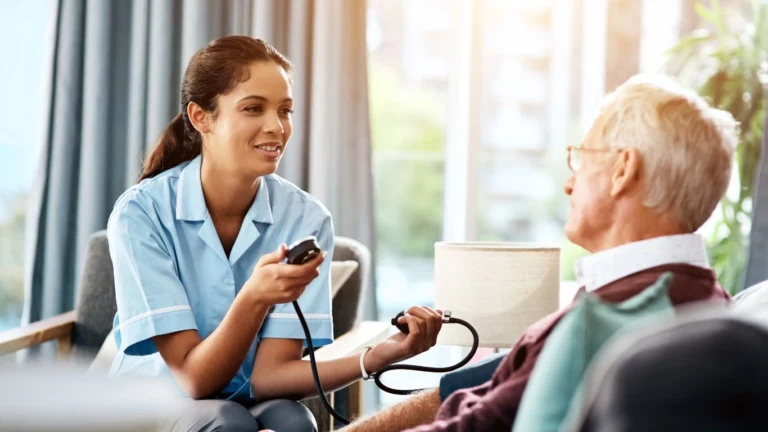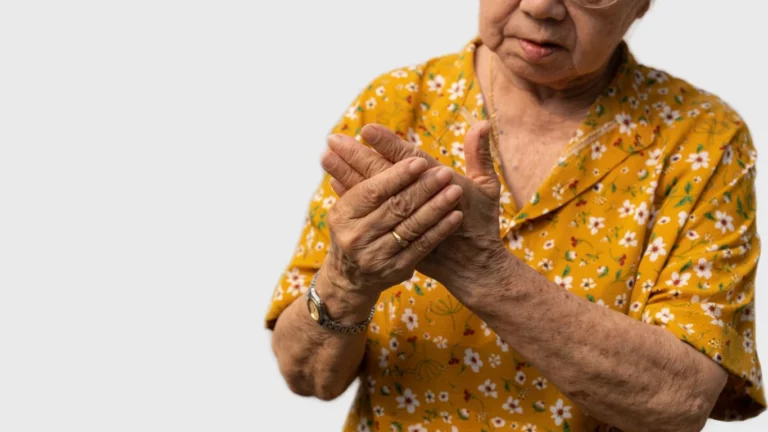Can Eating Too Fast Raise BP? Why It Might Harm Your Heart
Can eating too fast raise BP? It’s a question I’ve gotten more times than I can count during clinic visits. And to be honest, it’s not one I used to think much about—until I started noticing a pattern in my own patients. As an internal medicine physician who’s spent a big chunk of her career helping people manage high blood pressure, I’ve seen how subtle habits like eating speed can make a real difference in long-term health. So let’s dive into what’s really going on here, and why scarfing down your lunch might be more than just a bad habit.
What’s the Rush? Why We Eat So Fast
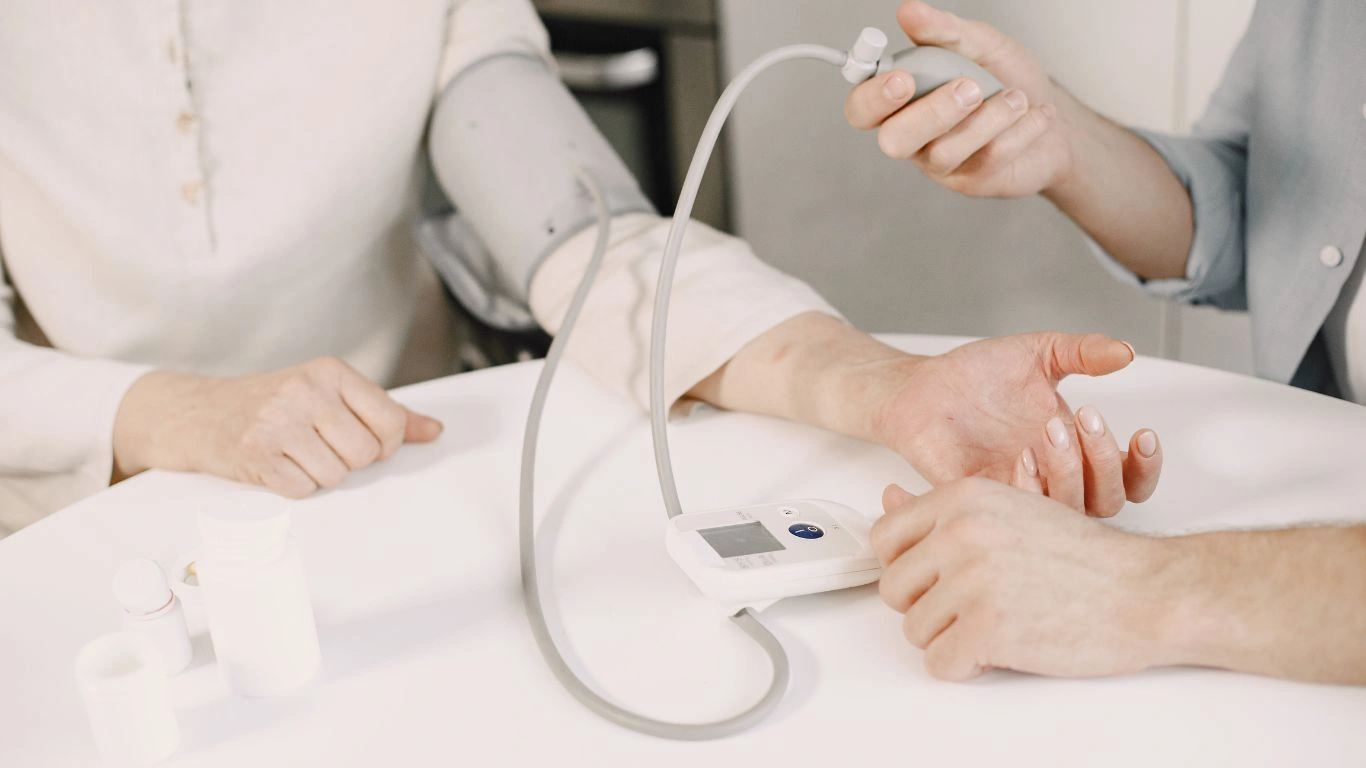
The Culture of Speed-Eating
Let’s face it—modern life is rushed. We eat in the car, at our desks, sometimes even standing at the kitchen counter scrolling through our phones. It’s become so normalized that we hardly notice we’re doing it. But here’s the kicker: our bodies definitely notice.
I had a patient—let’s call him Dave—who worked in IT. Every lunch break, he had exactly 15 minutes. He’d down a sandwich, some chips, and a soda in under 10 minutes, then head straight into meetings. Despite being fairly fit, his blood pressure was stubbornly high. Once we slowed down his eating habits, his readings dropped. No meds added, no fancy diets. Just a shift in pace.
Physiology 101: What Happens When You Eat Fast
When we eat quickly, our body doesn’t have time to register fullness. That delay between the stomach getting full and the brain getting the memo? It can lead to overeating without even realizing it. And overeating, especially high-sodium or high-carb foods, triggers your sympathetic nervous system—the part responsible for the classic “fight or flight” response. Guess what that does? Yep—raises your blood pressure.
- Increased sodium load: Fast eaters tend to eat more processed food, which means higher salt intake.
- Higher blood volume: Overeating increases fluid retention, making your heart work harder.
- Insulin spikes: Rapid food intake can lead to glucose surges, increasing vascular resistance.
Can Eating Too Fast Raise BP? Let’s Talk Science

What the Research Says
There’s actually growing evidence connecting fast eating and elevated blood pressure. One study from Japan found that individuals who ate quickly were more likely to develop metabolic syndrome—a cluster of conditions including high blood pressure, abdominal obesity, and elevated blood sugar. The connection is real, and it’s not just anecdotal.
Another review suggested that eating speed can significantly influence hormonal responses. When food is consumed too rapidly, the release of satiety hormones like leptin and peptide YY is blunted. Without these hormones signaling fullness, we continue to eat, often past the point of what’s physiologically appropriate. That sets the stage for chronic overeating, weight gain, and hypertension.
My Clinical Observations
I’ve had more than a few patients who saw measurable improvements in their blood pressure numbers after simply slowing down at meals. No major lifestyle overhaul—just mindful eating. I always tell my patients: “Your fork isn’t a shovel.” That usually gets a laugh, but the point sticks. One patient dropped her systolic BP by 8 mmHg after just a month of slowing down and chewing thoroughly. No added meds, just chewing more and scrolling less.
Why Slower Eating Helps Your Heart

Better Digestion, Less Stress
When we eat slowly, we’re activating our parasympathetic nervous system—the “rest and digest” mode. It promotes better digestion, reduces bloating, and most importantly for this discussion, helps keep your blood pressure stable. Less stress equals less sympathetic activation, which is a big win for your cardiovascular system.
- You chew more, so your digestive enzymes work better.
- Your body has time to signal satiety, so you eat less.
- Your cortisol levels remain lower, helping stabilize BP.
Next time you’re halfway through your lunch in three bites, pause. Put the fork down. Take a breath. Not just for your waistline, but for your heart. Trust me—I’ve seen the difference it can make.
Mindful Eating: A Small Habit with Big Impact
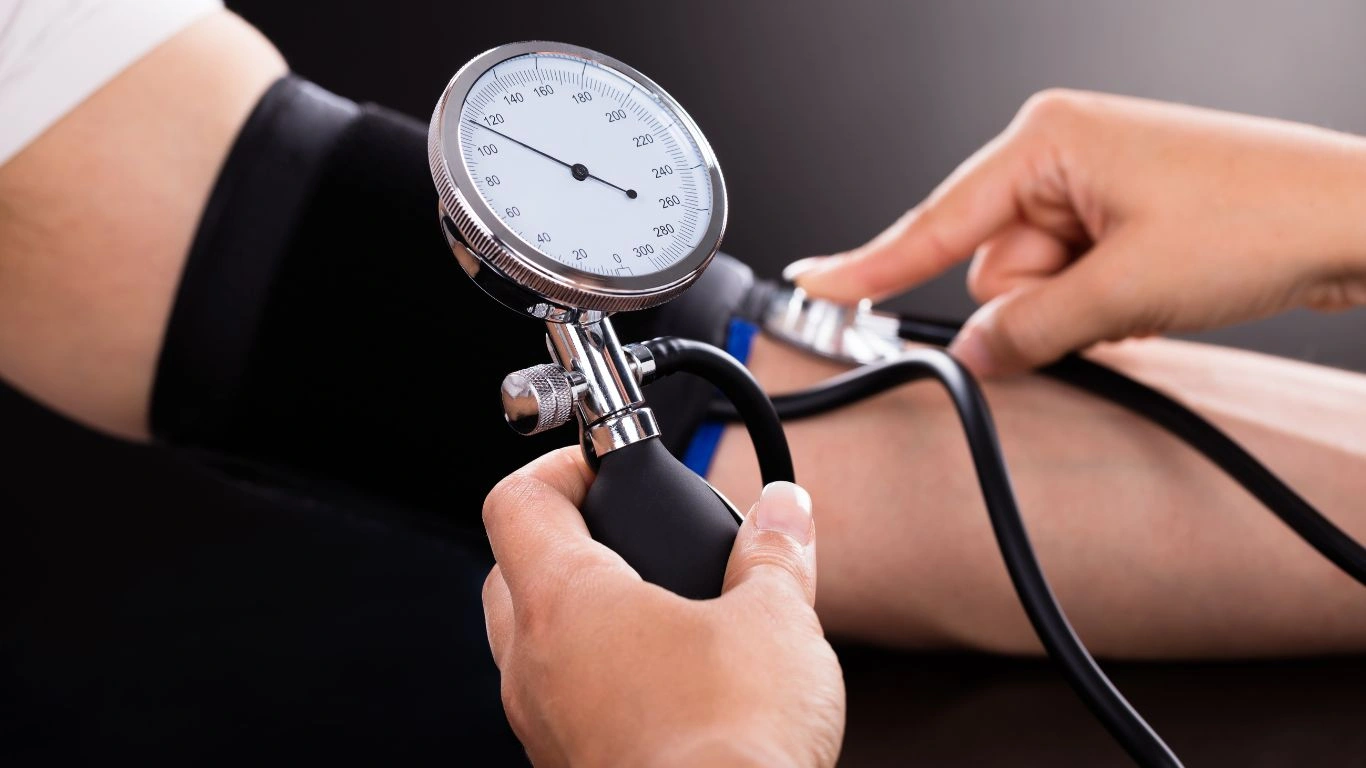
Learning to Listen to Your Body
If there’s one thing I wish more patients understood, it’s this: your body knows what it needs. We’ve just gotten really bad at listening. In clinic, I’ve had folks tell me they don’t feel full unless they’re stuffed. But when we slow down, chew thoroughly, and stop between bites, something amazing happens—we actually start noticing our body’s cues again.
I remember working with a woman in her early 60s—she had stubborn hypertension and was borderline prediabetic. She thought she was eating healthy, and to be fair, she was. But she was also eating quickly and rarely felt satisfied. After coaching her to practice mindful eating—things like putting down her utensils between bites, avoiding screens, and eating in a calm space—her BP came down noticeably within weeks. No magic pill, just mindfulness.
The 20-Minute Rule
Here’s a simple rule I often share: give your brain at least 20 minutes to catch up with your stomach. Satiety hormones don’t flood in instantly—it takes time. So if you’re wolfing down a meal in under 10 minutes, your body doesn’t get a chance to say, “Hey, I’m good now.”
Try this sometime:
- Start your meal with a big glass of water.
- Put your fork down between every few bites.
- Notice the textures, flavors, and temperature of your food.
- Halfway through, ask yourself if you’re still hungry—or just eating out of habit.
Not only does this practice help you avoid overeating, but it puts less stress on your digestive system and supports stable blood pressure. Yes, even something as simple as chewing more can affect your BP.
Can Eating Too Fast Raise BP? The Metabolic Chain Reaction

It’s Not Just About Blood Pressure
We’re not talking about a one-off spike here. If you’re consistently eating too fast, you’re setting off a metabolic domino effect. This often includes:
- Weight gain: Fast eaters tend to consume more calories—often without realizing it.
- Increased insulin resistance: A quick pace at meals can trigger blood sugar spikes, which over time lead to insulin resistance.
- Elevated triglycerides: These fatty acids climb when your insulin is constantly overworked.
All of these factors—especially when combined—can contribute to elevated blood pressure. It’s not a straight line from fast eating to hypertension, but it’s a well-connected pathway. I’ve seen many patients on this exact trajectory, and slowing down has been one of the first and most effective interventions.
How It Shows Up in the Clinic
Blood pressure is sneaky. It doesn’t always present with symptoms. People think they’ll feel dizzy or flushed when it spikes, but many are walking around with high readings and don’t know it. One patient I worked with had no clue his 140/90s were abnormal—he chalked it up to “stress at work.” Turns out he was eating breakfast and lunch in under 8 minutes flat.
After discussing the impact of speed eating, we made a few small changes. Slower meals, better portion control, and less salt-laden snacks. Within two months, he was down to 125/78 consistently. Still no medication needed. It wasn’t about willpower—it was about awareness.
Simple Changes That Make a Big Difference
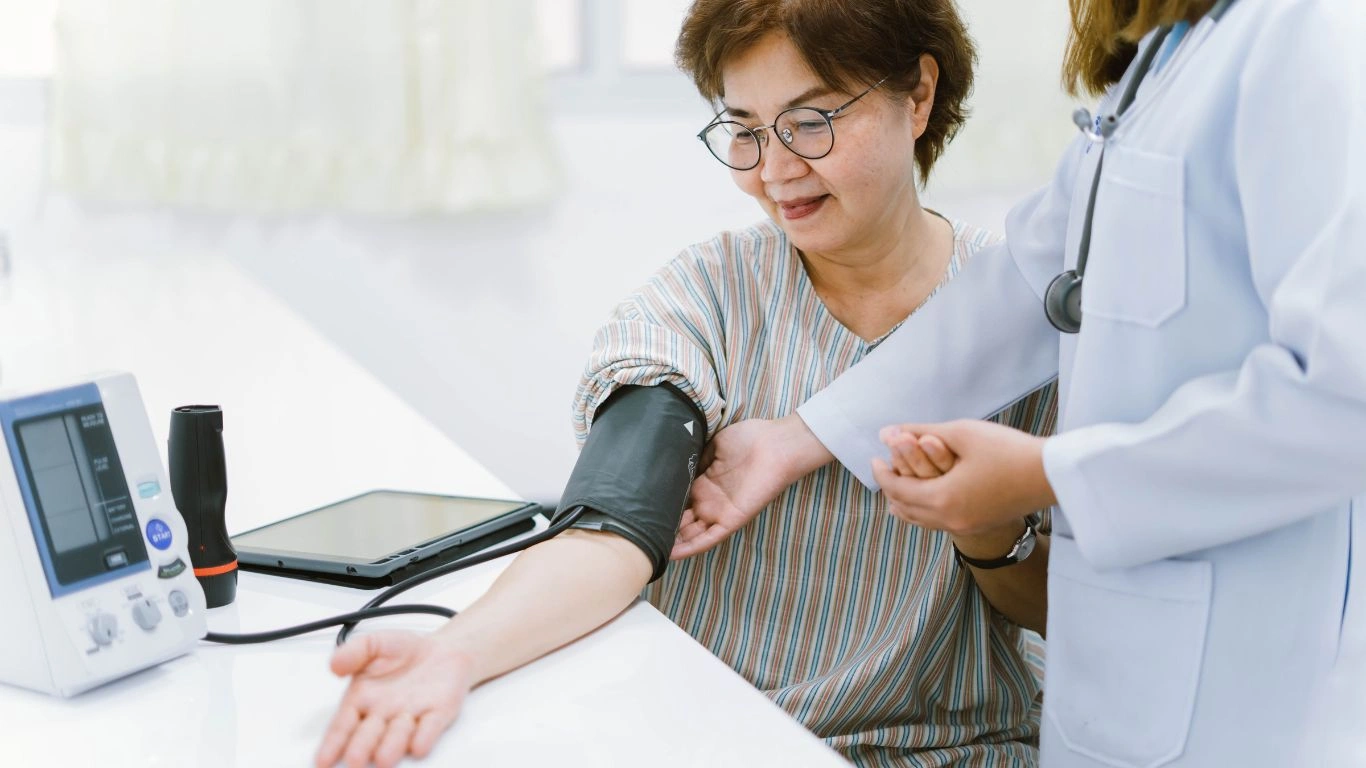
Practical Strategies to Eat Slower
You don’t need to overhaul your entire routine to benefit from slower eating. Here are a few easy-to-implement strategies that I often share with patients—and use myself:
- Use smaller utensils: It’s harder to inhale your food with a small spoon or fork.
- Eat with non-dominant hand: It’s clumsy, but it slows you down—trust me, I’ve tried it.
- Try “bite counting”: Aim for at least 20-30 chews per bite to fully break down food.
- Put your fork down during conversation: Meals are social for a reason. Engage!
Food Journals and Blood Pressure Logs
Sometimes I’ll recommend a simple journal: track how fast you eat, your mood before and after meals, and your BP readings. It’s incredible how quickly patterns emerge. Patients begin to see the connection themselves, which makes the change more sustainable. This is the kind of self-awareness that medicine alone can’t teach.
We’re often taught to believe that only prescriptions or strict diets can fix hypertension, but I’ve found that the everyday habits—the ones we overlook—can be even more powerful. Slowing down at the table isn’t just a nicety—it’s a form of preventive care.
Eating Speed, Blood Pressure, and Emotional Triggers
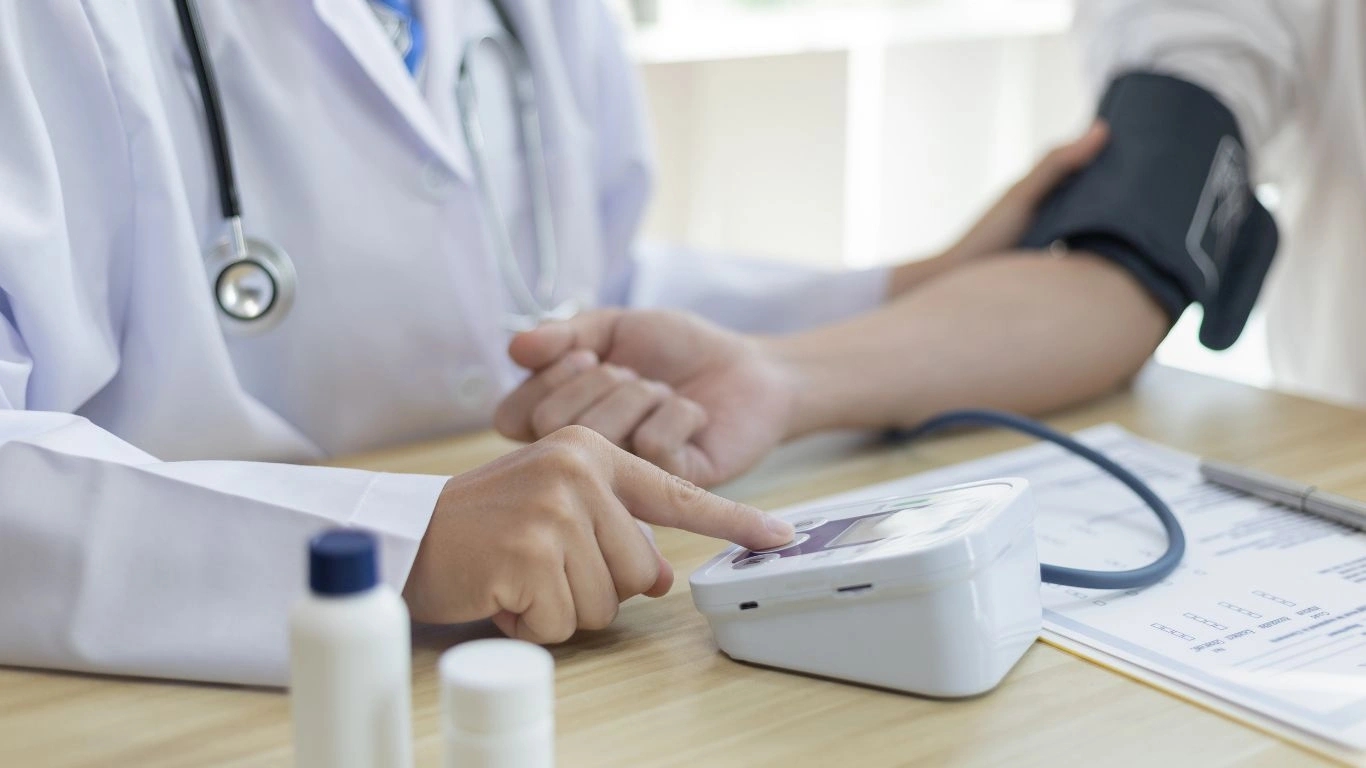
Stress and Emotional Eating: The Hidden Culprit
Let’s be honest—sometimes, eating fast isn’t just about being busy. It’s emotional. It’s comfort. It’s stress. I’ve seen this play out time and time again in my practice. A long day, a tough conversation, or even just general anxiety can push people to eat quickly and mindlessly. That emotional disconnect makes it even harder to recognize how the food—and the pace—is impacting your health.
I had a patient who was a caregiver for her aging parents. Her meals were usually eaten standing up, in between tasks, often while wiping down counters or folding laundry. Her BP was always in the 150s despite medication. After we spoke, she committed to carving out 20 minutes just for meals—no multitasking, no TV, just eating and being present. Within six weeks, her systolic dropped 15 points. That’s huge. And the only change was making time to be intentional.
The Role of Cortisol
Chronic stress also raises cortisol levels, which contributes to elevated blood pressure. When you eat too fast, especially in a stressed state, your body treats food intake as another stressor—shifting blood away from digestion and further activating your sympathetic nervous system. Over time, that constant sympathetic drive leads to higher BP, poorer sleep, and sluggish metabolism.
- Tip: Try a few deep breaths before your first bite. It helps lower stress hormones and improves digestion.
- Bonus: Practice gratitude before meals. It’s not just feel-good fluff—there’s data showing it helps reduce sympathetic tone.
Creating a Heart-Healthy Eating Routine
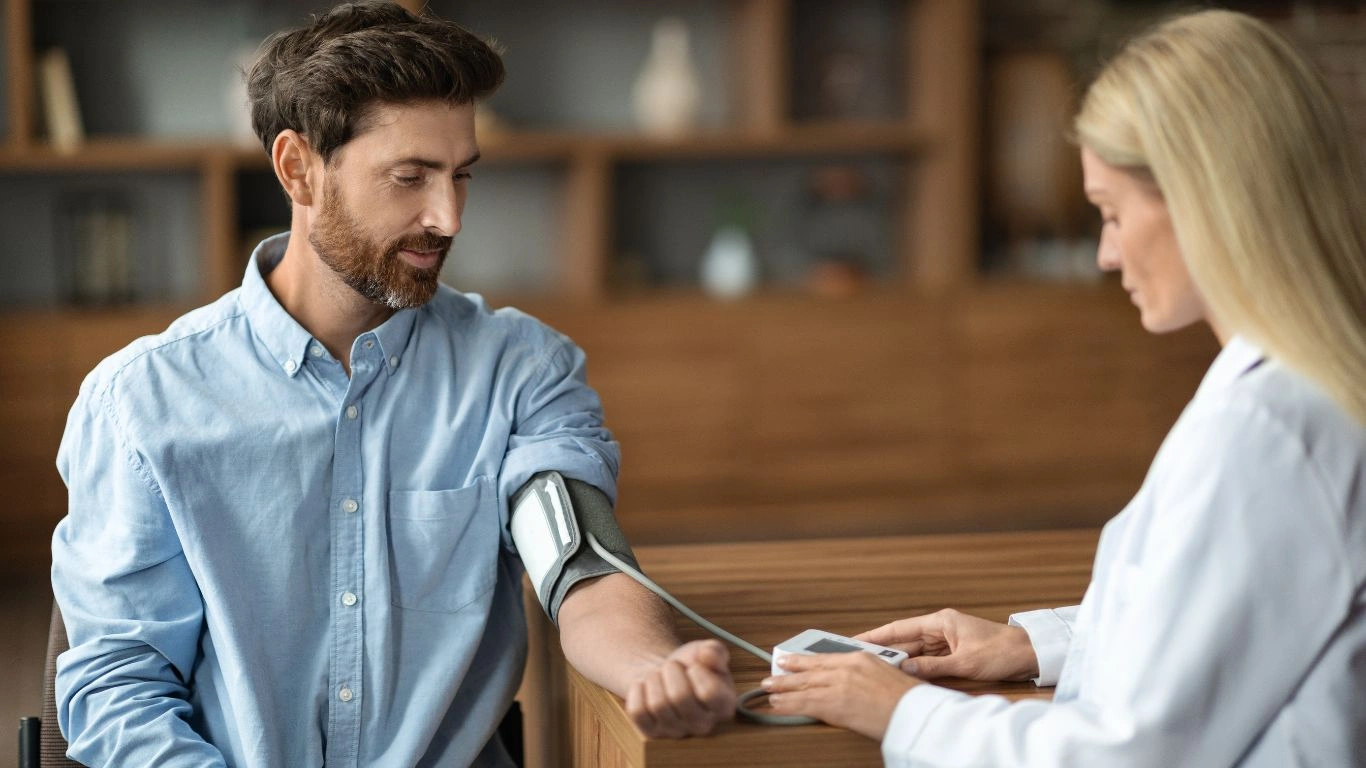
Make Meals an Experience, Not a Task
One of the biggest shifts I’ve encouraged in patients is to stop thinking of meals as chores. They’re not pit stops—they’re opportunities to connect, reflect, and restore. And yes, that mindset shift alone can help stabilize blood pressure over time.
Here are a few changes I’ve seen work really well:
- Light a candle or play soft music during dinner—create a relaxed environment.
- Use real plates and sit at a table, even for breakfast. Skip the paper napkins and car dashboards.
- Eat with others when possible. Conversation naturally slows down your pace.
My Personal Routine (When I’m Not Rushing Between Patients)
In my own life, I used to eat lunch in front of a computer or while catching up on notes. Now, I force myself to step away—even if it’s just 15 minutes. I eat at a window, phone flipped over, and really taste the food. It sounds small, but it’s been a game-changer for my own energy and focus throughout the day. We’re not exempt from the habits we advise others to break—I’ve had to work at it too.
What the Experts and Studies Say
Evidence-Backed Insights
Several studies reinforce this link between eating speed and hypertension. One published in the *Journal of the American Heart Association* found that fast eaters were 2.5 times more likely to develop high blood pressure than those who ate at a slower pace. Another paper from researchers in Korea highlighted that fast eating was independently associated with increased risk of metabolic syndrome, a known precursor to cardiovascular issues.
And let’s not forget the gastrointestinal side. According to experts at the American Gastroenterological Association, fast eating can increase the risk of indigestion, acid reflux, and bloating—further affecting your sense of wellbeing and, indirectly, your blood pressure through chronic discomfort and stress responses.
Why This Matters in Real Life
We spend so much time talking about salt, exercise, and medication—which are all incredibly important—but the everyday things like how we eat often get overlooked. Yet it’s these small, consistent behaviors that make the biggest impact over time. Slower eating isn’t a trendy fix—it’s a sustainable lifestyle change with real health benefits.
References
Disclaimer
This article is for informational purposes only and reflects the professional and personal experiences of the author. It is not a substitute for professional medical advice, diagnosis, or treatment. Always consult your healthcare provider with any questions you may have regarding a medical condition or dietary changes.

Dr. Gwenna Aazee is a board-certified Internal Medicine Physician with a special focus on hypertension management, chronic disease prevention, and patient education. With years of experience in both clinical practice and medical writing, she’s passionate about turning evidence-based medicine into accessible, actionable advice. Through her work at Healthusias.com, Dr. Aazee empowers readers to take charge of their health with confidence and clarity. Off the clock, she enjoys deep dives into nutrition research, long walks with her rescue pup, and simplifying medical jargon one article at a time.


